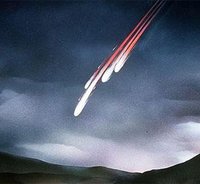
Carbonaceous chondrites represent some the oldest and most primitive pieces of material formed in the Solar System; indeed, they could even be older than the Sun itself. These carbon-rich meteorites may have delivered an important concentration of organic compounds and water to the primitive Earth. Multiple organic classes, including those required for life (e.g. amino acids, carboxylic acids and nucleobases) have been identified from carbonaceous chondrites, providing valuable insights into the chemical inventory of the early Solar System, the primordial synthesis of organic matter, and the question of how life appeared on Earth.
Amino acids constitute the basic building blocks of all protein-based living organisms on Earth and thus, they are among the most intriguing and studied meteoritic organic compounds. Homochirality (predominance of the L-enantiomer) in terrestrial biological proteins is a fundamental feature of life as we know it. L-enantiomeric excesses have been observed in some meteoritic amino acids, raising important questions about a potential link between meteorites and terrestrial homochirality. In addition, the stable isotopic compositions (D, 13C, 15N) of meteoritic organic compounds provide information on their formation mechanisms and histories. Contrasting the distribution, chirality and isotopic composition of meteoritic organic compounds in a wide range of carbonaceous chondrites provide important insights on the composition and environments of the protosolar nebula, the meteorite parent bodies, and may well provide clues about their synthesis and survival during the formation of our Solar System.
We will present results from our extensive investigation on the abundance and molecular distribution of amino acids, and amines extracted from meteorites. We will discuss their potential prebiotic origins and relevance to the emergence of life on Earth.
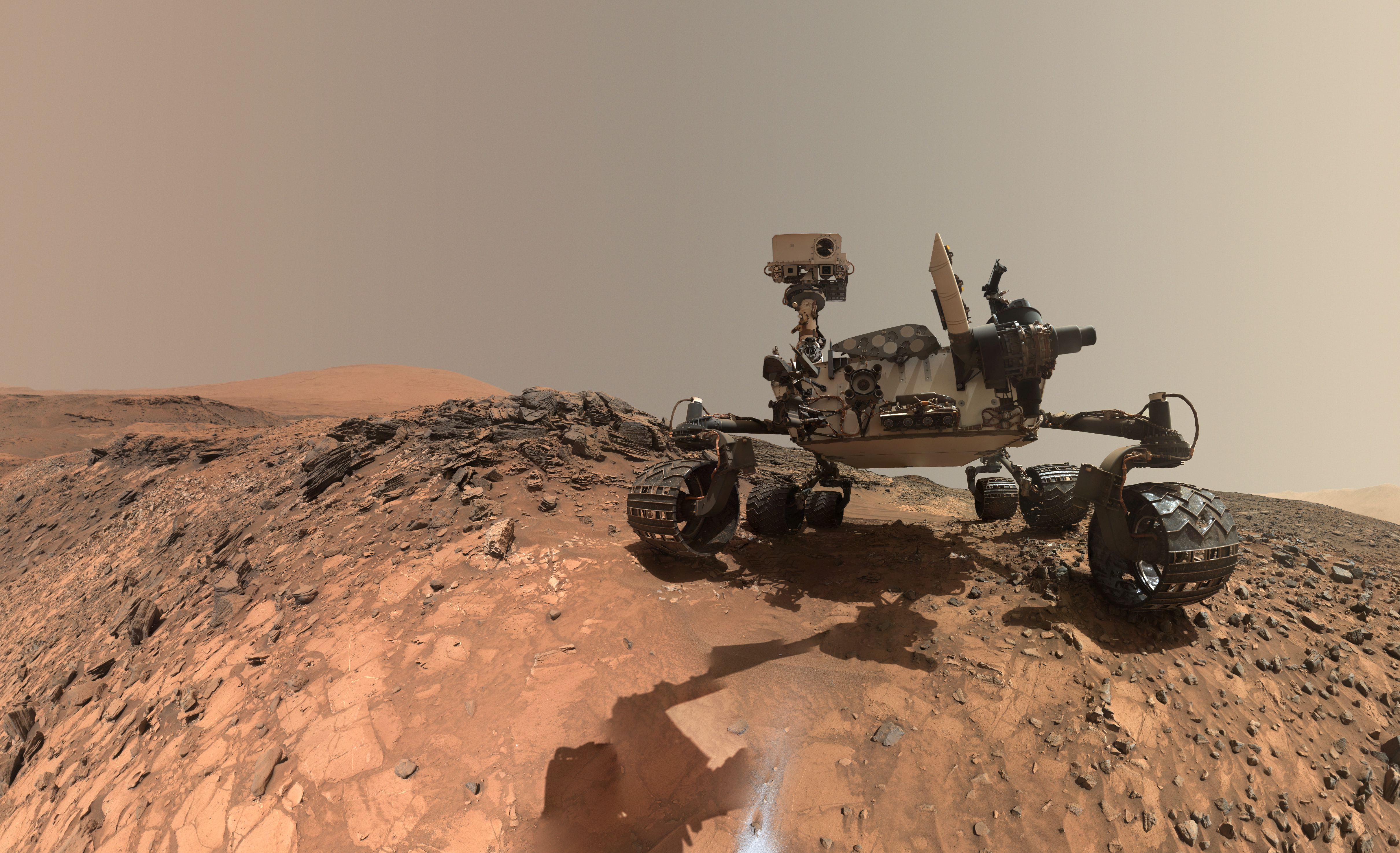 Investigating Habitable Environments on Mars Using Orbital and Rover-Based Imaging Spectroscopy
Investigating Habitable Environments on Mars Using Orbital and Rover-Based Imaging Spectroscopy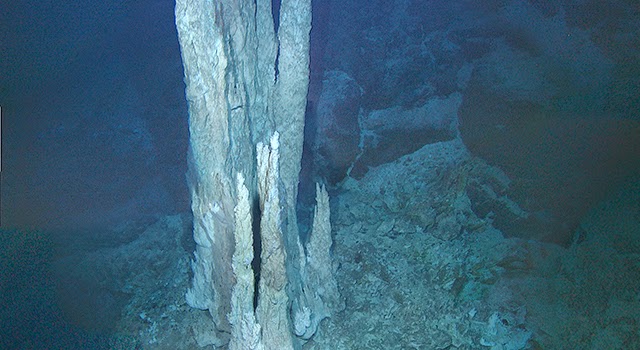 Chemical Gardens, Chimneys, and Fuel Cells: Simulating Prebiotic Chemistry in Hydrothermal Vents on Ocean Worlds
Chemical Gardens, Chimneys, and Fuel Cells: Simulating Prebiotic Chemistry in Hydrothermal Vents on Ocean Worlds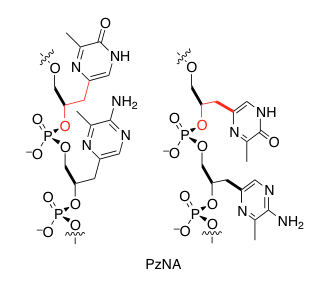 The Synthesis of an Artificial Genetic Polymer: From Small Molecules to Proto-Nucleic Acids
The Synthesis of an Artificial Genetic Polymer: From Small Molecules to Proto-Nucleic Acids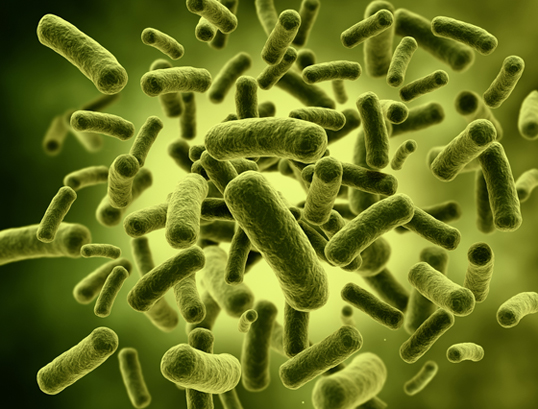 Quantifying Constraints on Metabolic Diversity Patterns
Quantifying Constraints on Metabolic Diversity Patterns